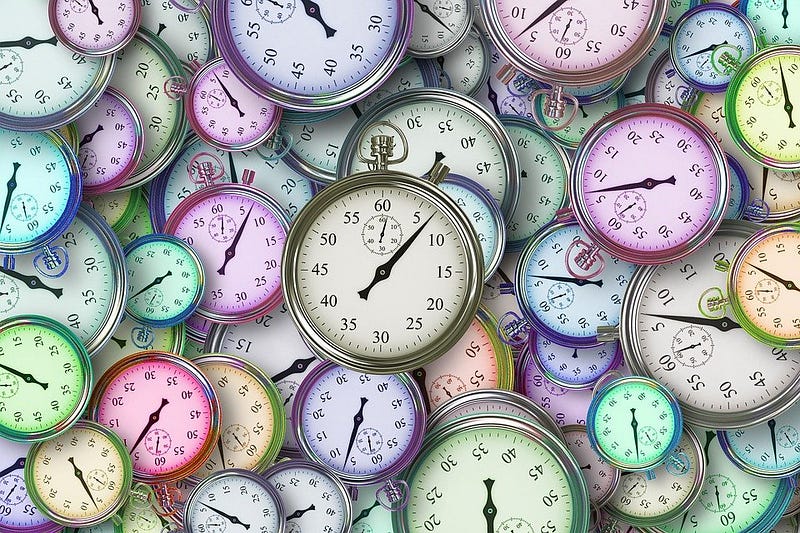Unlocking the Secrets to Aging Gracefully Through Diet and Exercise
Written on
The Quest for Immortality
For over 4,000 years, humanity has pursued Gilgamesh's dream of eternal life. In this journey, we explore every avenue available, from pharmaceuticals like metformin and rapamycin to supplements such as resveratrol, and even advanced therapies like blood exchange, custom molecules, and stem cell treatments. Yet, the elusive "magic potion" remains just that—elusive. Most interventions yield only minimal and often unverified effects in humans.
What we can definitively state is the significant role of lifestyle and genetics in our quest for longevity. While genetics is largely beyond our control, emerging techniques like CRISPR offer potential avenues for future manipulation. In contrast, we can actively modify our lifestyle choices, which may influence epigenetic markers and enhance our health.
The Relationship Between Food and Health
Our dietary choices have a profound impact on our overall health—a concept recognized since the time of Hippocrates, who famously stated, “Let food be thy medicine, and let medicine be thy food.” This connection between nutrition and well-being extends to healthy aging; improving our health naturally increases our chances of longevity. While individual dietary needs may vary, guidelines such as the MIND diet can serve as beneficial starting points.
Exercise: A Powerful Ally
Similarly, engaging in regular physical activity is known to be beneficial, not only for physical health but also for cognitive function. Exercise can help maintain the vitality of our blood, brain, and various bodily systems.

Understanding Longevity Mechanisms
Evaluating the mechanisms that contribute to healthy aging can be challenging. We often rely on data from laboratory studies, animal research, and anecdotal evidence to derive conclusions. Even when data is available for humans, it often focuses on indirect indicators of health and aging, such as blood markers.
Despite these challenges, intervention trials can provide valuable insights into how diet and exercise impact longevity-related health markers. A recent study illustrates this point.
Intervention Study Overview
In this study, researchers recruited 219 women aged 50 to 69, dividing them into four groups: one control group (no changes), one group increasing physical activity, another modifying their diet, and a fourth group combining both interventions.
The exercise regimen encouraged participants to engage in moderate activity for at least one hour daily, complemented by more intense workouts throughout the week, including sessions with a personal trainer. The dietary intervention promoted a plant-based diet with low glycemic load, minimal saturated fats, and limited alcohol. Participants were encouraged to consume whole grains, a variety of vegetables, fish, and legumes while restricting red meat and dairy.
Baseline data included dietary and exercise habits, blood markers, and notably, an epigenetic aging clock known as DNAmGrimAge, alongside stochastic epigenetic mutations (SEMs), which represent aberrant epigenetic tags.
After two years, remarkable results emerged.
Diet and Exercise Effects
The intervention lasted 24 months, and findings showed that all three intervention groups experienced a reduction in epigenetic age. Specifically, the dietary changes led to a reversal of the DNAmGrimAge clock and decreased levels of proteins linked to various health issues, such as heart disease and cancer. The exercise group exhibited a reduced accumulation of SEMs, particularly in tumor suppressor genes, which may contribute to a lower cancer risk.
Combined Benefits of Diet and Exercise
The study concluded that non-extreme lifestyle modifications could significantly slow biological aging markers, ultimately enhancing longevity, reducing the risk of age-related diseases, and improving life quality in older age.
Limitations and Considerations
Every study has limitations; this one had a relatively small sample size and focused solely on women. Although it’s likely that men would benefit similarly from diet and exercise interventions, further research is needed. Individual responses to these changes can vary significantly, reminding us that personal factors play a role in health outcomes.
In summary, the message is clear: maintaining a nutritious diet and staying active are vital for overall well-being.